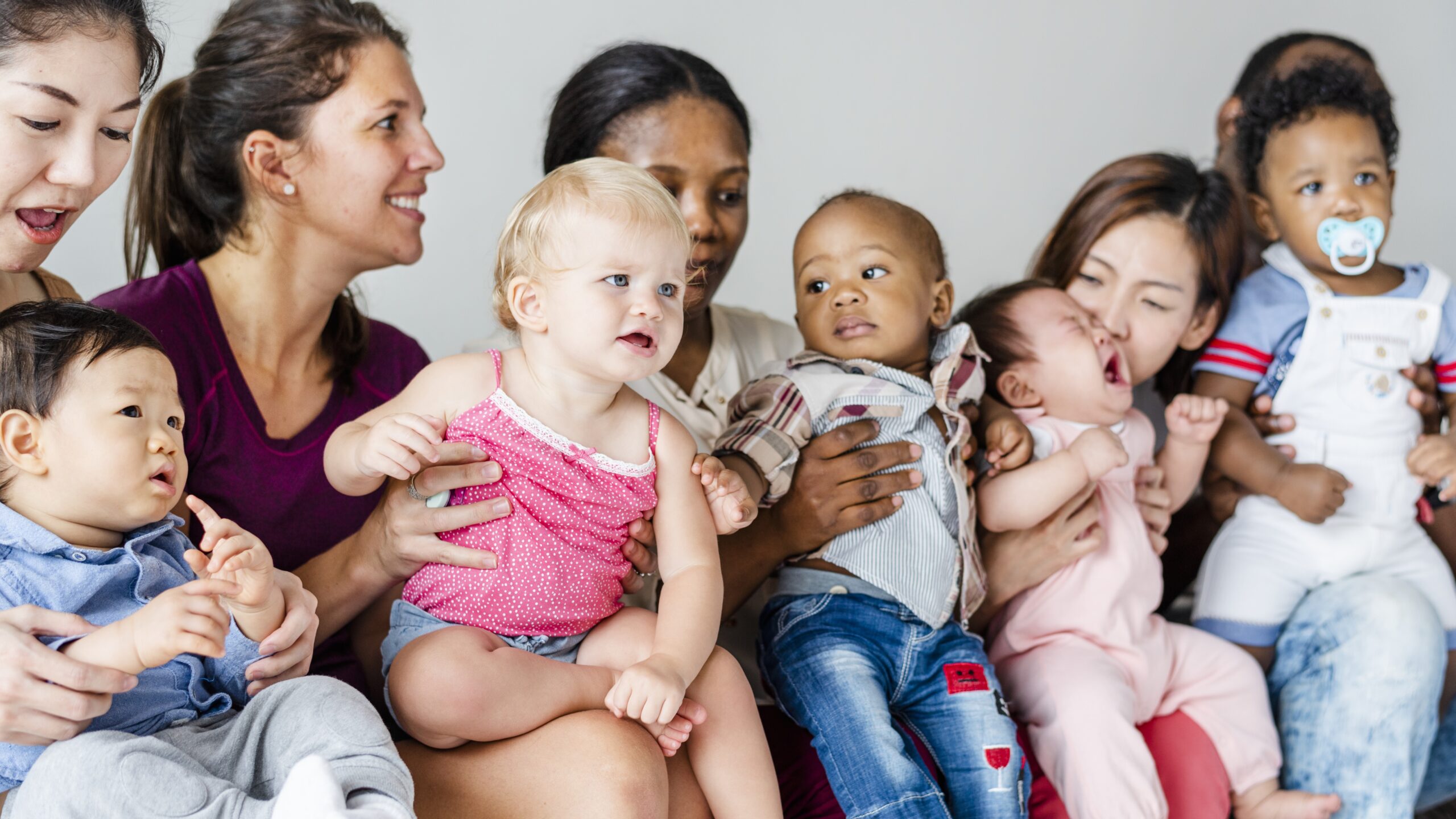Nine years ago, I decided I wanted a lap dog. I wanted a dog that would cuddle with me when I watched television and snuggle with me at night. At that point, we had had three golden retrievers in a row and as much as I loved each of my goldens, I was ready for a smaller breed. And so, I started to frequent our local dog shelter and look at online dog rescue organizations to find my perfect lap dog.
In time, a friend of ours saw a profile of a small terrier named “Sport” in foster care who was looking for a permanent home. There wasn’t much information listed about this little dog and the accompanying photo showed a white, 11-pound short-haired terrier who was a bit homely. Nevertheless, I wanted to meet this little guy. So one Saturday, my husband John, my daughter Lizzy, and I traveled to the local pet store to meet my potential cuddle companion.
Dog Expectations
I was terribly excited to meet “Sport.” I pictured him walking up to me and gently sniffing my hand, then allowing me to pick him up for a snuggle. I was wrong. When “Sport” was set down, he ran away from me and when I picked him up, he tried to bite me. At that point, I must have said, “We’ll take him!” because the next thing I knew I was back in our car, with “Sport” whining and crying in the crate on the backseat.
Now, I promise you that there is no reference anywhere about picking out a new dog that says you should pick the dog that runs from you then tries to bite you. Inexplicably, that is exactly what I did. To this day, I cannot tell you why in the world I chose a dog that so obviously had behavior problems. Within ten minutes of meeting him, we saw that he was a fear biter and was extremely anxious; not a great combo. Nevertheless, he was ours.
Getting Off On the Wrong Paw
We arrived home and immediately changed this little dog’s name to Oliver and began our life together. We quickly found out that Oliver had a trifecta of behavior problems: biting, growling and barking. First and foremost, we had to deal with the biting. Unfortunately, Oliver got off on the wrong paw, so to speak, when he bit my mother in the leg during the very first week we had him. Thankfully, she was fine, but I was mortified. I had never before owned a dog that bites.
A related problem was the growling. When Oliver sat in my lap he would growl at anyone who got close to me. That, of course, was also not acceptable behavior, so we swung into action to address both the biting and the growling. As my husband John is a veterinarian, he was able to come up with strategies to address both behavior problems which, with much effort, worked to change his behavior. Oliver hasn’t bitten anyone since my poor mother 8 years ago, and he no longer growls at others while sitting in my lap. Unfortunately, we haven’t had as much success with the barking. He barks frequently and although we have found strategies to deal with it, it is still a problem.
Early on in our time with Oliver, when it became abundantly clear that he would require extra work and care, John was lying on our bed with Oliver by his side talking with me about new strategies to address Oliver’s myriad of behavior issues. John suddenly looked Oliver in the eye and said, “You are such a Mr. Poopypants!” It was a perfect nickname. Oliver was a Mr. Poopypants. It has since been shortened to Mr. Poopy and he gets called both Oliver or Mr. Poopy, depending on our mood and his behavior.
Caring Can Be Unbelievably, Soul-suckingly Difficult
When I agreed to take this badly behaved, irritating and frustrating little dog home, I was raising my hand to pour my energy into him and take my time caring for him. I was agreeing to love him despite his unlovable behavior. Sometimes, I think that God asks us to step up to the plate to love someone and care for them, knowing that loving and caring for that individual will be tough and that there may be quite a bit of “barking,” “growling,” and “biting” involved. I often wonder what would have happened to little Oliver if he had landed in another home. His behavior could have easily compelled someone to abuse him.
We are caregivers throughout our lives, whether it is in the raising of our children, caring for a sick or infirm spouse or parent, or caring for our pets. Being a caregiver is often tedious, frustrating, and exhausting even when things go swimmingly. But, when things don’t go swimmingly, it can be unbelievably, soul-suckingly difficult: the toddler throwing a temper tantrum in the middle of the grocery store, the teenager’s eye-rolls and stony silences, the ill & infirm loved one yelling and complaining, and the little white dog growling and biting. Yet we go on caregiving despite the challenges.
I would love to be able to say that Mr. Poopy is now a model dog. He is not. You would think that with all the training and strategizing and working toward making Oliver into his highest self, he would have transformed into a dog worthy of entering the Westminster Dog Show. Although Oliver will never be in a dog show, compared to the dog we brought home eight years ago, he has truly transformed into a much better behaved and happier dog.
In many ways, Oliver is exactly the kind of dog I wanted. He loves to sit on my lap as I watch TV, and at night, and he likes to burrow under the covers and sleep cuddled up next to me; and I do love him. Still, he continues to be an awful lot of work. He is generally irritating and tends to turn people off with his anxieties and his barking. It seems, no matter how transformed he has become, he is still a Mr. Poopy.
For Reflection (either individually or with a group)
Read the blog. Read it a second time, maybe reading it aloud or asking someone else to read it aloud so you can hear it with different intonation and emphases. Invite the Divine to open your heart to allow the light of new understanding to pierce the shadows of embedded assumptions, stereotypes, and ways of thinking so that you may live more abundantly. Then spend some time with the following questions together with anything or anyone who helps you reflect more deeply.
- When have you found it difficult to care for someone?
- What are your strongest gifts as a caregiver?
- How would you like to be a better caregiver? What steps can you take to get closer to that goal?
Download a pdf including the Reflection Questions to share and discuss with friends, family, or members of your faith community small group.
View all articles by:






















